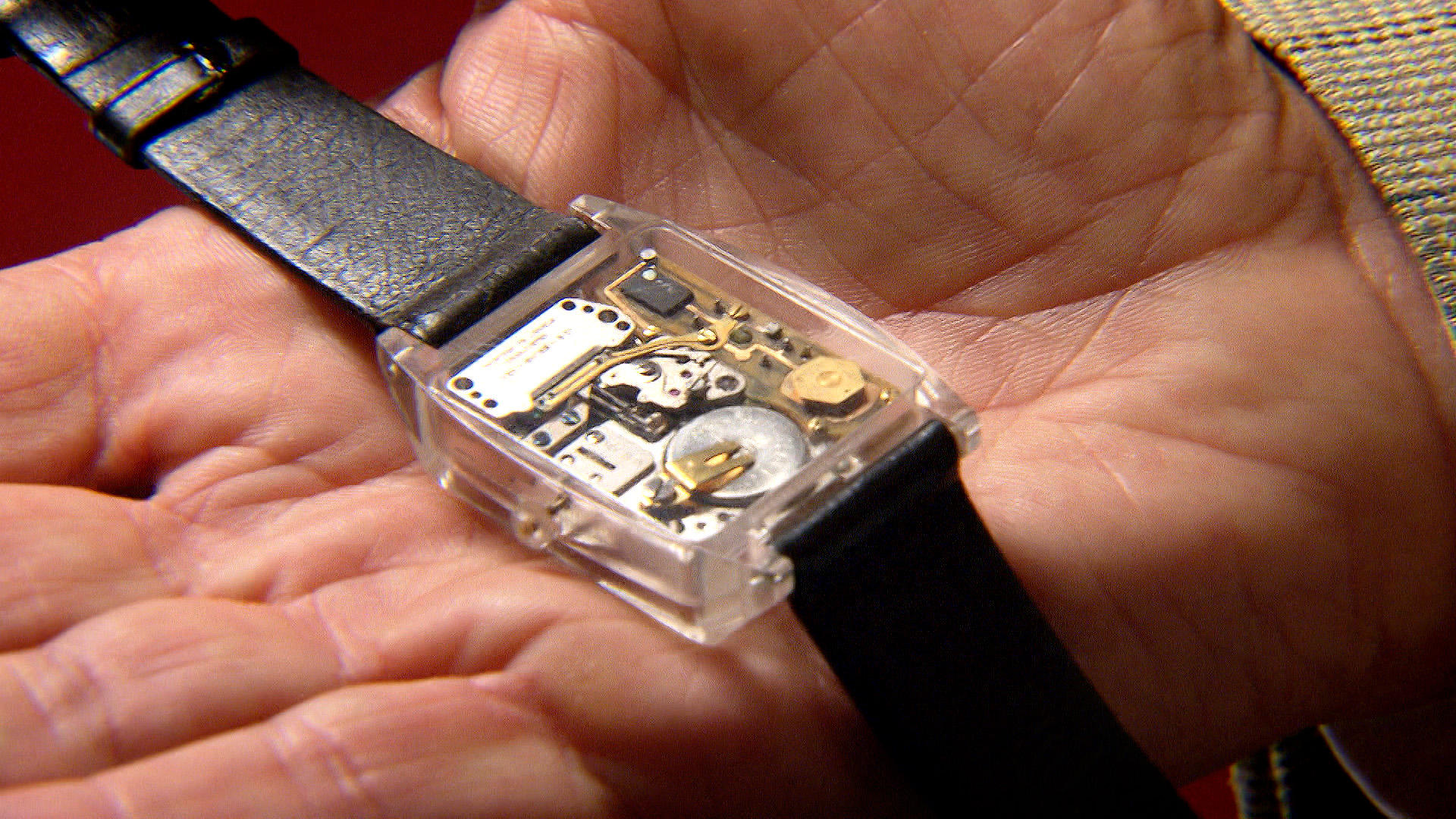
Swiss pioneer of the quartz watch has died

René Le Coultre, a key figure behind the invention of the quartz wristwatch, died on Saturday, three weeks after his 100th birthday.
Le Coultre was the founder of the Electronic Watch Centre (Centre électronique horloger CEH) in the city of Neuchâtel, western Switzerland. Around 20 watch brands were behind the creation of the centre in 1962 with the goal of making a reliable analog quartz wristwatch. In 1966, the first prototype called Beta 1 was developed, setting the scene for mass production of highly accurate quartz-based wristwatches.
Le Coultre was an important figure in the Swiss watchmaking industry. He was the grandson of the co-founder of luxury watch brand Jaeger Le Coultre. He was also director of research and development at Rolex and a member of the Federation of the Swiss Watch Industry. His death was first announced on Arcinfo.
Le Neuchâtelois René Le Coultre, inventeur de la montre-bracelet à quartz, est décédé: Inventeur de la montre-bracelet à quartz, l'ingénieur neuchâtelois René Le Coultre est décédé, trois semaines après son 100 e anniversaire. Il avait été l'un des… https://t.co/yVZLNfGPjZExternal link pic.twitter.com/xwaJoOFQ4uExternal link
— ArcInfo.ch (@arcinfo) August 20, 2018External link
Le Coultre also participated in the founding in 1984 of the Swiss Center for Electronics and Microtechnology (Centre suisse d’électronique et de microtechnique, CSEM) in Neuchâtel, which replaced the Electronic Watch Centre.
Revolution in watchmaking
Using crystal quartz as a regulator of time allowed for miniaturization and huge reductions in energy consumption, meaning that the small wristwatches could tick for longer and cheaper. They were also extraordinarily precise; the accuracy of the quartz mechanism meant that quartz clocks would not vary by even one-thousandth of a second each day.
However, the Swiss were late in capitalizing on the quartz watch trend and paid a heavy price. The watch sector’s production peaked at the end of the 1960s when it was employing 90,000 people in 1,500 firms. At the beginning of the 1970s, cheap quartz watches produced in Asia completely transformed the market and led to a major crisis in the watch industry. In the mid-1980s, the sector employed 30,000 people in only 500-600 companies.
Half a century later, quartz is king in the Swiss watch industry – at least in terms of production. Three-quarters of output now relies on the crystal, even if in terms of profits, old-fashioned mechanical timepieces still lead the way.

More
Ticking for 50 years: The quartz watch

In compliance with the JTI standards
More: SWI swissinfo.ch certified by the Journalism Trust Initiative


























You can find an overview of ongoing debates with our journalists here . Please join us!
If you want to start a conversation about a topic raised in this article or want to report factual errors, email us at english@swissinfo.ch.